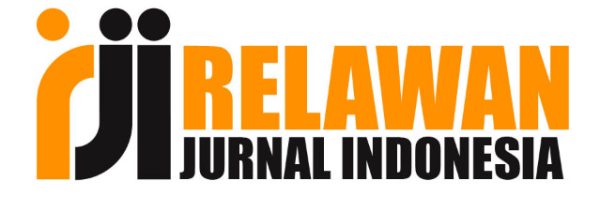About the Journal
The Journal of Contemporary Maqasid Studies is an international peer-reviewed scholarly journal published by the Maqasid Institute. The Journal publishes articles in Arabic and English bi-annually (January and July).
Online ISSN: 2831-5049
Vision:
The Journal of Contemporary Maqasid Studies (JCMS) aims to become a leading intellectual forum for publishing scholarly research in maqasid (higher objectives) methodological and applied studies.
Mission:
To publish refereed research in the field of maqasid of the revelation (Qur’an and Sunnah) and Islamic Shari’ah in compliance with international publishing, peer-reviewing, and arbitration standards. The Journal aims for a methodological leap in maqasid based studies and solutions, and to establish a framework for dialogue with other methodologies.
Aims:
- Support contemporary innovative and applied Maqasid studies.
- Revive the Maqasid heritage in contemporary discourse and in observance of Islamic Shari’ah principles.
- Develop contemporary maqasid methods for the revelation to become a central source for human knowledge.
- Promote dialogue between different methodologies.
Announcements
Current Issue

The Objectives (Maqasid) of Family in Modern Times
Research on family issues has become of central importance in modern-day eras. Family as a subject has gained research prominence in multiple fields of knowledge including jurisprudence, law, legislation, psychology, sociology, economics, and others. Therefore, today we are faced with different approaches to the family in terms of its status and the roles of its members as well as the methods used to study it.
Therefore, from a "maqasid methodology" perspective that calls for integrating different knowledge and scientific fields, we invite researchers to contribute to this issue on the topic of “objectives (maqasid) of family in modern times”.
In this issue, we attempt to raise a number of questions:
How can the family objectives acquire authority over other fields of knowledge that deal with the theme of the family?
If family jurisprudence has taken up a large space in jurisprudential literature, how can one distinguish between what is static and changing?
Can families perform their functions and roles in a changing world?
What are the most important challenges that jeopardize the existence of families or cause them to fall short in performing their roles in both Arab and Western societies?
Download Full Articles here.
Table of Content
-
Table of Content
 This article have been read 59 times,
downloaded 63 times
This article have been read 59 times,
downloaded 63 times
Opening Remarks
-
Is Today’s Family Perishing?
 This article have been read 56 times,
downloaded 45 times
This article have been read 56 times,
downloaded 45 times
-
هل ماتت الأسرة اليوم؟
- PDF (العربية)
 This article have been read 282 times,
downloaded 120 times
This article have been read 282 times,
downloaded 120 times
Articles
-
قيم الفضل في الأسرة ومقصد تأسيس العمران
- PDF (العربية)
 This article have been read 105 times,
downloaded 92 times
This article have been read 105 times,
downloaded 92 times
-
مقاصد الأسرة في الزمن الرقمي
- PDF (العربية)
 This article have been read 91 times,
downloaded 321 times
This article have been read 91 times,
downloaded 321 times
-
منظومة القيم المقاصدية وأثرها في الاستقرار الزوجي دراسة مقاصدية ميدانية
- PDF (العربية)
 This article have been read 92 times,
downloaded 149 times
This article have been read 92 times,
downloaded 149 times
-
الأسرة نواة وجود وأمل منشود قراءة تربوية اجتماعية للمقاصد الأُسرية
- PDF (العربية)
 This article have been read 87 times,
downloaded 78 times
This article have been read 87 times,
downloaded 78 times
-
هوية المصطلح المقاصدي معالمها وأبعادها
 This article have been read 55 times,
downloaded 36 times
This article have been read 55 times,
downloaded 36 times
-
Islam, Welfare Social Services and Human Dignity A Maqasid Approach
 This article have been read 165 times,
downloaded 159 times
This article have been read 165 times,
downloaded 159 times
-
Between Nationalism and Universalism Qatar 2022 World Cup and Investment in Sustainability and Nation Branding in Light of the Goals of Sharia
 This article have been read 118 times,
downloaded 76 times
This article have been read 118 times,
downloaded 76 times
Book Reviews
-
Virtue And The Common Good Hermeneutic Foundations of Aš-Šāṭibī's Ethical Philosophy
 This article have been read 154 times,
downloaded 57 times
This article have been read 154 times,
downloaded 57 times
Translation
-
مقاصد المواثيق في الإسلام تحليل محتوى لمفاهيم العهد والميثاق في القرآن الكريم
 This article have been read 84 times,
downloaded 37 times
This article have been read 84 times,
downloaded 37 times
Scholarly Conversation
-
حوار مع الأستاذ الدكتور عبد الله الجديع
 This article have been read 37 times,
downloaded 14 times
This article have been read 37 times,
downloaded 14 times





